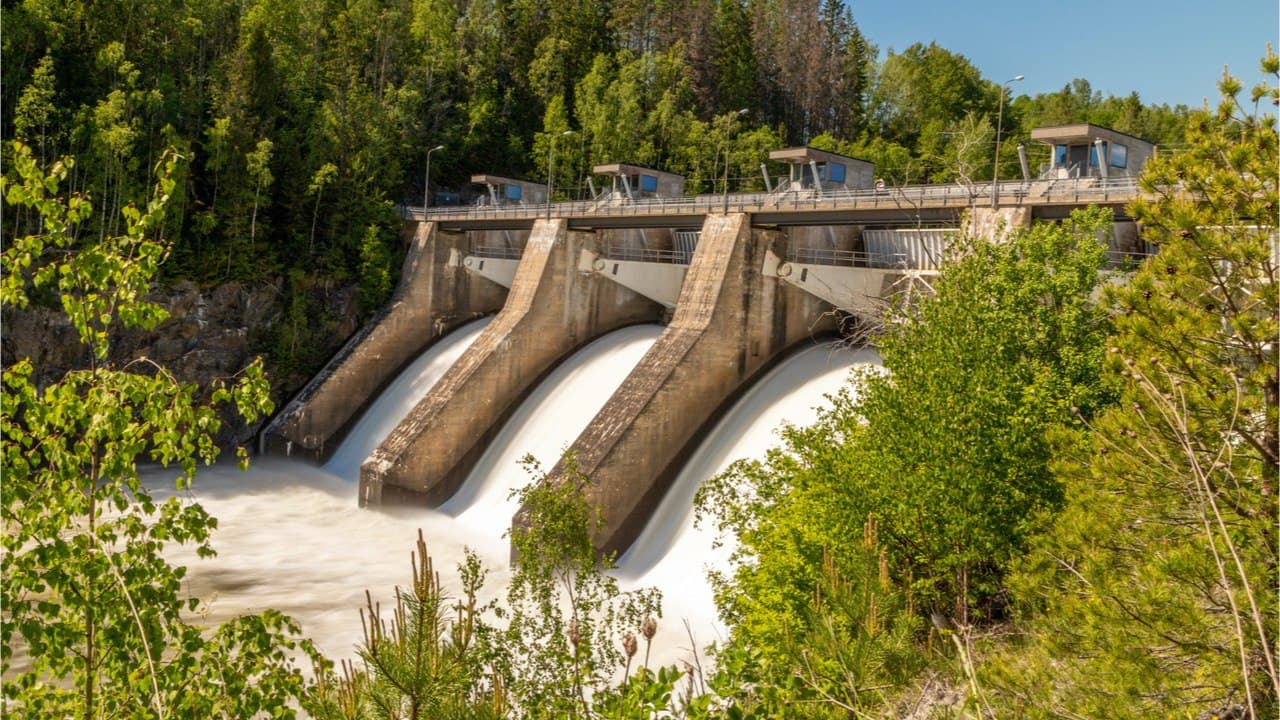
Regional reports from China indicate that government officials are reviewing more than 5,100 small-sized hydropower plants to adapt them to China’s cleanup and reform process for future energy sources. China has promised to be carbon neutral and eventually have zero carbon emissions by 2060 and recent crackdowns on bitcoin miners and small power plants have been driven by this goal.
Sichuan, Yangtze River hydropower plants feel after recent crackdown on energy production and consumption in China
During the past few months, China’s goal of bringing net carbon emissions to zero in 39 years has hit bitcoin miners and small power plants in five different provinces. Chinese President Xi Jinping, shocked the world When he said that China was committed to reducing emissions to zero.
Bitcoin miners and small power facilities began to feel the effects of China’s goal of reducing emissions when reports came in from Inner Mongolia. Following issues in Inner Mongolia, bitcoin miners in Xinjiang were instructed to shut down on June 9, 2021.
Bitcoin mining was banned in Qinghai province after Xinjiang reports, and then officials in Yunnan province also warned. Finally, after a May 31 report that Sichuan public officials discussed bitcoin mining in the area, Sichuan officials sent notices to bitcoin miners in the province to shut down by June 25.
These cracks reduced bitcoin’s global hashpower from 147 exhash per second (EH/s) on June 14 to a low of 69 EH/s on June 28. In addition to bitcoin miners, small-sized hydroelectric facilities were forced to follow. A cleaning and revamping process. The reform order stemmed from government officials from the Sichuan Provincial Water Resources Department and the Yangtze River Economic Zone.
Bitcoin.com News reports on the mandate that some hydroelectric stations are being pushed to put hydroelectric facilities for sale. Regional Publications People’s Daily Reported Last week’s action has hurt hydropower operators who could not meet the government’s cleanup and reform mandate.
1,360 hydropower stations in Sichuan could not fulfill cleanup and improvement orders, 243 hydroelectric facilities are on standby
Reporters for the People’s Daily say a total of 5,131 small hydropower plants were reviewed, but a large number were caught in regulatory crosshairs. 3,528 were able to successfully complete mandatory procedures but 1,360 hydroelectric facilities were unable to fulfill cleanup and improvement orders.
In addition, 243 hydroelectric plants are in limbo as they are considered “reserve” by the authorities of the Sichuan and Yangtze River Economic Zones. It is uncertain whether these hydropower plants will continue after Chinese government officials make a decision, the People’s Daily reported.
Bitcoin miners have long received warnings and many began migrating elsewhere last year. At the moment, one of the most popular destinations is Kazakhstan and there have been innumerable reports indicating that a lot of Chinese operations are moving to Kazakhstan.
Unfortunately, hydropower facilities are not so versatile and cannot close shop and move so easily and China’s actions have offended many small-sized hydropower operators.
What do you think about the Yangtze River Economic Zone and Sichuan officials cracking down on hydroelectric facilities in China? Let us know what you think about this topic in the comment section below.
image credit: Shutterstock, Pixabay, WikiCommons
Disclaimer: This article is for informational purposes only. It is not a direct offer or solicitation or recommendation or endorsement of an offer to buy or sell any products, services, or companies. bitcoin.com does not provide investment, tax, legal, or accounting advice. Neither the Company nor the author is responsible, directly or indirectly, for any damage or loss alleged to be caused by or in connection with the use or reliance on any materials, goods or services mentioned in this article.
Just Bookmark For More Updates